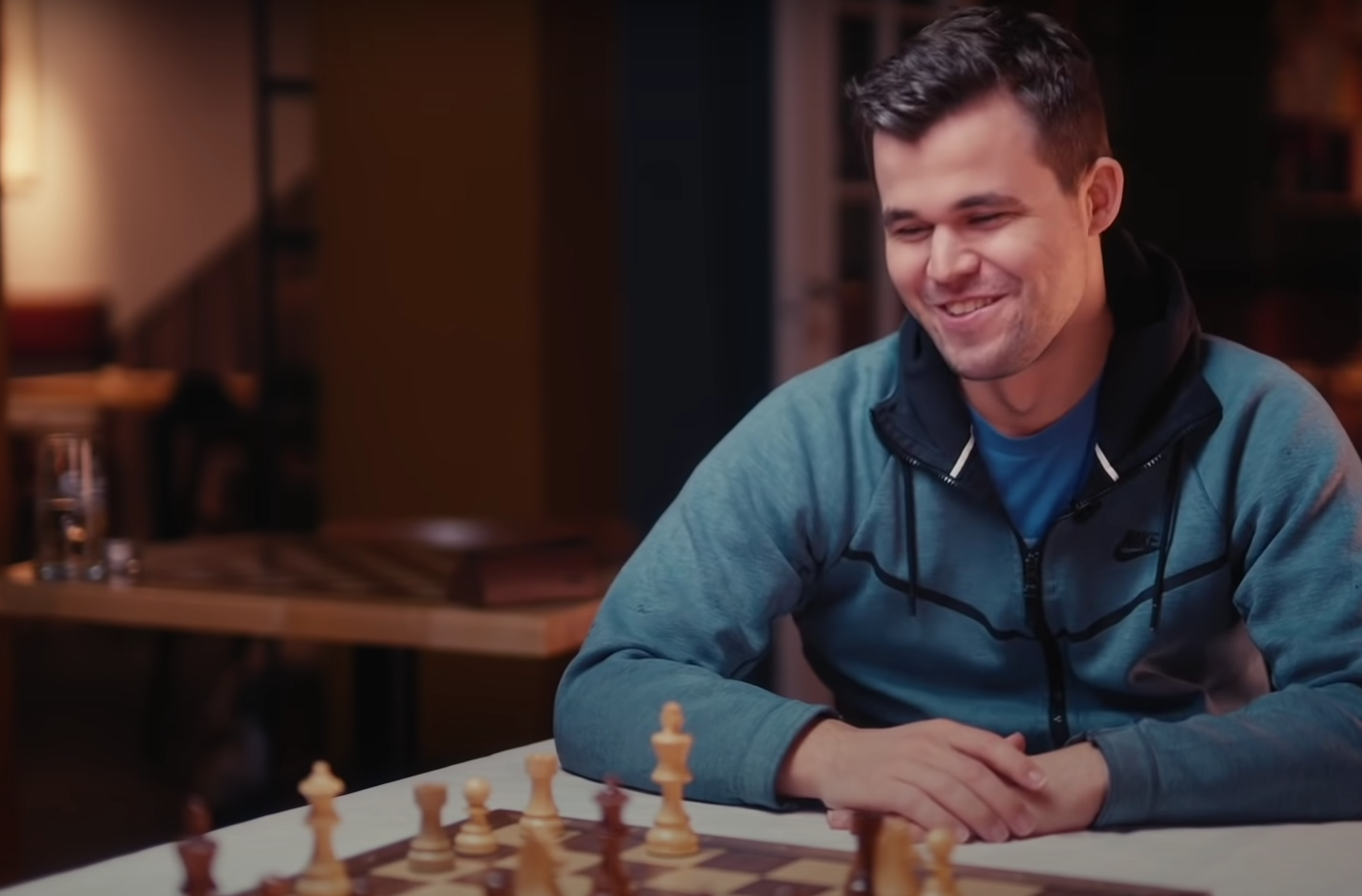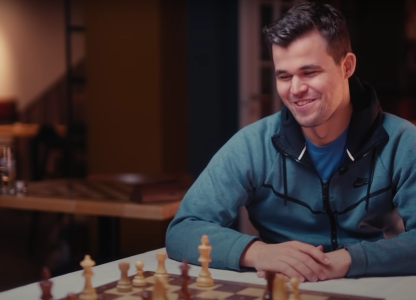Today, in the Q/A with colleagues from VNET I was asked two excellent questions. The first on “photographic memories” and the other on addressing the challenge of a bloated curriculum and too little time. I will get to the second, for now, lets deal with “photographic memories.”
When asked about the explanations for photographic memories I took a cautious approach. I offered an answer and committed to a little research. I knew exactly where to start: Anders Ericsson.
It is an intuitive idea. That memory has the potential to work much like a photograph? Write a comprehensive shopping list only to head to the shops and later realise you have left said shopping list behind. Only to “see” and successfully remember the items required.
My cautious explanation – the shopping list was important and the items added to that list, consciously processed in some way. Thinking here and now – I would expect a number of items were attached to other memories (remembering running ran out, usual purchases).
Most of us do have a kind of photographic memory, in that most people’s memory for visual material is much more reliable and more detailed than it is for recall of most other kinds of material. There is quite a bit of research on our ability to recognise faces for example, even if we can not remember the name associated with that face. There is evidence to suggest that some individuals may possess exceptionally strong memorial abilities, particularly when it comes to remembering visual information.
That said, Anders Ericsson’s view is that the concept of a photographic memory is largely a myth and that the remarkable memory abilities of some individuals are the result of hard work, practice, and the development of effective memory strategies, look no further than the mind-blowing memorial abilities of chess legend Magnus Carlsen. Note it recognises the board and the moves that followed. It is less photo and more video. Is this a hint to both immense knowledge of chess and refined episodic and procedural memory? Both long-term memory stores.
Sweller too, reports that the notion of a photographic memory is largely a myth, that the brain simply does not have the capacity to process and store information in the way that this concept implies. Sweller’s view is that effective memory performance is the result of using cognitive resources efficiently.
Here is a different way of looking at it. What if there was such a thing as a photographic memory? The processing expectations of the brain would be immense and lastly, if true, what purpose would forgetting serve?



